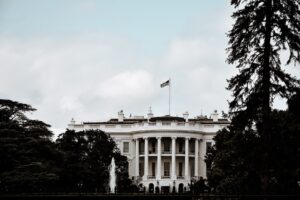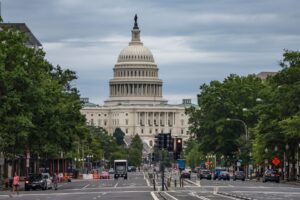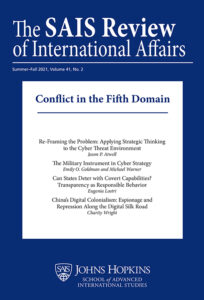


Book Review: Aid Imperium by Salvador Santino F. Regilme Jr.

Can the Government Police Itself? Colombia’s False Positives Scandal and its Lessons for Atrocity Prevention

Insurance Instead of Deterrence: A Pivot in Cybersecurity Strategy

Will Biden’s New Truman Doctrine Offset the Sino-Russian Pact?

Review: Robert Vitalis’ Oilcraft: The Myths of Scarcity and Security that Haunt U.S. Energy Policy

How to Weaken the China-Russia Axis: Historical Lessons from Great-Power Competition

Beyond MIRVs and SCUDs, the Newest Global Weapon Is ESG

Domestic Policy Is Foreign Policy: Wage Stagnation and Income Inequality Threaten America’s Leadership Abroad

Available on Project Muse: The SAIS Review’s Latest Print Issue, Conflict in the Fifth Domain

South Korea’s Impending China and Japan Policy: Two Messages to the Yoon Administration

